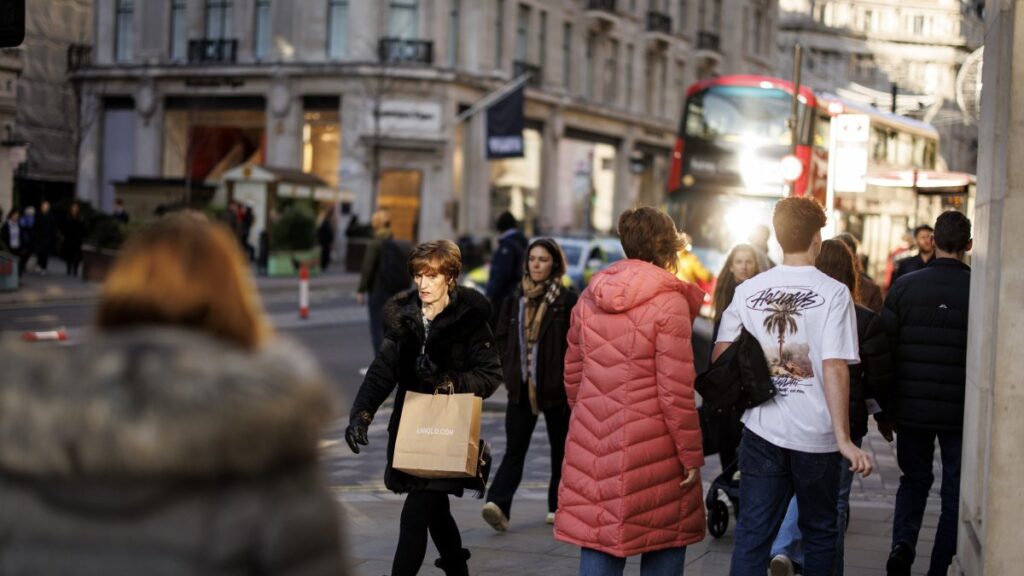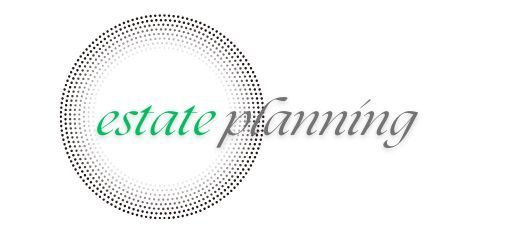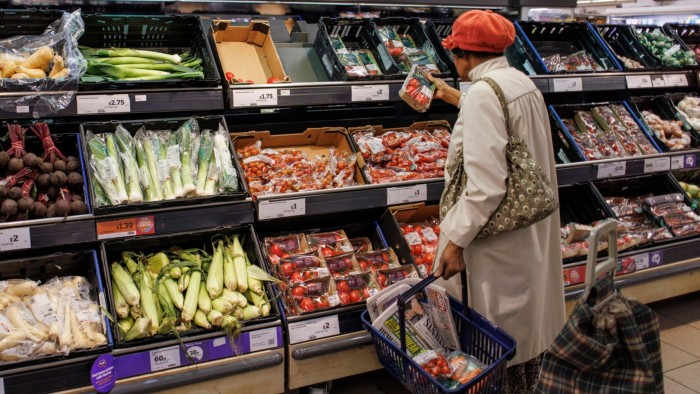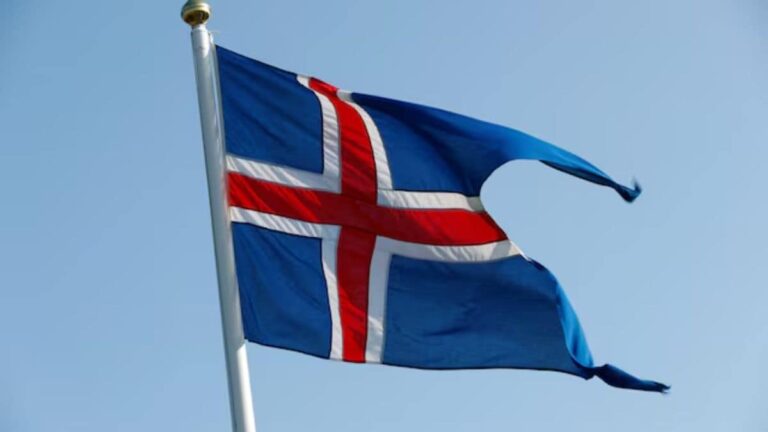
UK inflation hits 8-month high, testing further rate cut chances
- Inflation Eases to 1.9%, Backing Bank of Canada’s Dovish Stance
- Stubborn Inflation Jeopardizes Additional Interest Rate Cuts for 2025
- Taking stock of Joe Biden’s economic record
- Key Economic Indicators To Watch This Week: Fed Eases, BoE Holds, BoJ Delays
- Lagarde Says ECB Will Continue To Cut Interest Rates
British inflation climbed further to hit its highest in eight months in November, official data showed on Wednesday, although the underlying measure of price growth watched closely by the Bank of England (BoE) held steady, offering the central bank some relief.
Bạn đang xem: UK inflation hits 8-month high, testing further rate cut chances
The Consumer Prices Index (CPI) reached 2.6% in the 12 months to November, up from 2.3% for October, the Office for National Statistics (ONS) said in a statement. It moved further away from September’s 1.7% rise – the first time in almost three and a half years that inflation fell below the BoE’s 2% target.
The inflation rate has been the highest since March and is in line with economists’ expectations in a Reuters poll. It likely cemented market expectations that BoE will avoid cutting interest rates this week.
The increase in the rate was broad-based but most prominent for transport – particularly petrol and car purchase costs – and was only partly offset by smaller rises in air fares and the cost of eating out.
The data is a blow to the Labour government, which has found efforts to grow the economy come unstuck since winning power in July.
“I know families are still struggling with the cost of living, and today’s figures are a reminder that for too long, the economy has not worked for working people,” Finance Minister Rachel Reeves said in reaction to the inflation data.
Xem thêm : US cuts interest rates despite inflation risk
“Another consecutive monthly rise in inflation, reaching its highest level since March, underscores the persistent price pressures within the U.K. economy,” Martin Sartorius, principal economist at the Confederation of British Industry, said.
The BoE is worried about persistently strong wage growth and the new government’s tax increase for employers is expected to filter through to higher prices after it is introduced in April.
Some economists have predicted that headline consumer price inflation will hit 3% in 2025.
The BoE – which is expected to keep interest rates on hold on Thursday after its December meeting – predicted consumer price inflation in November would be 2.4% when it published a set of projections six weeks ago.
Budget pressures
Critics have argued that the new Labour government’s first budget in October will lead to higher inflation. The extra public spending announced in the budget will be largely funded through increased business taxes and borrowing.
Economists think that the splurge, coupled with the prospect of businesses cushioning the tax hikes by raising prices,s could push inflation higher than it otherwise would have been.
Services inflation – which the BoE views as a key measure of domestically generated price pressure – held at 5.0% in November, unchanged from October, the ONS said.
Xem thêm : The Price You Pay — How to survive inflation in San Diego – NBC 7 San Diego
The economists polled by Reuters had mostly expected a slight increase in service price inflation to 5.1%. The BoE had expected it to dip to 4.9% in November.
The BoE has said it will gradually reduce interest rates despite signs that Britain’s economy is losing momentum.
Sterling briefly edged down against the dollar after the data was published.
The ONS said its core inflation measure, excluding energy, food, alcohol, and tobacco, picked up to 3.5% in November from 3.3% in October.
“The further rebound in CPI inflation … could have been worse,” noted Paul Dales, chief U.K. economist at Capital Economics research group.
“But coming on the back of the stronger-than-expected rebound in wage growth in yesterday’s release, there is almost no chance of the Bank of England delivering an early Christmas present with another interest rate cut tomorrow.”
Last month, the central bank trimmed borrowing costs by 25 basis points to 4.75%.
That came after the BoE reduced its key rate in August for the first time since early 2020, from a 16-year high of 5.25% as U.K. inflation returned to normal levels.
Nguồn: https://estateplanning.baby
Danh mục: News




